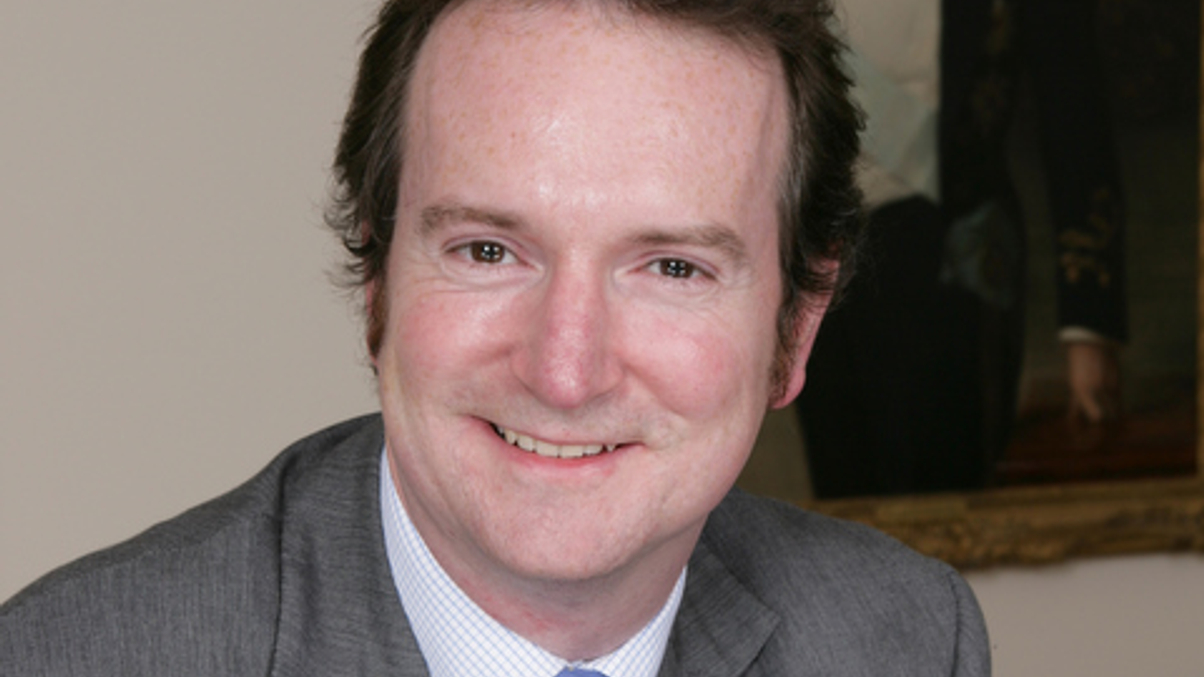Don't use Ucits for the wrong reasons, says Guinness family office
Putting hedge-fund strategies in a regulated product is not always appropriate, argues Chris Wyllie of Iveagh Private Investment House.

'What's good enough for the Guinnesses is good enough for me' is a view Iveagh Private Investment House would like investors to adopt the world over.
Sign in to read on!
Registered users get 2 free articles in 30 days.
Subscribers have full unlimited access to AsianInvestor
Not signed up? New users get 2 free articles per month, plus a 7-day unlimited free trial.
¬ Haymarket Media Limited. All rights reserved.


